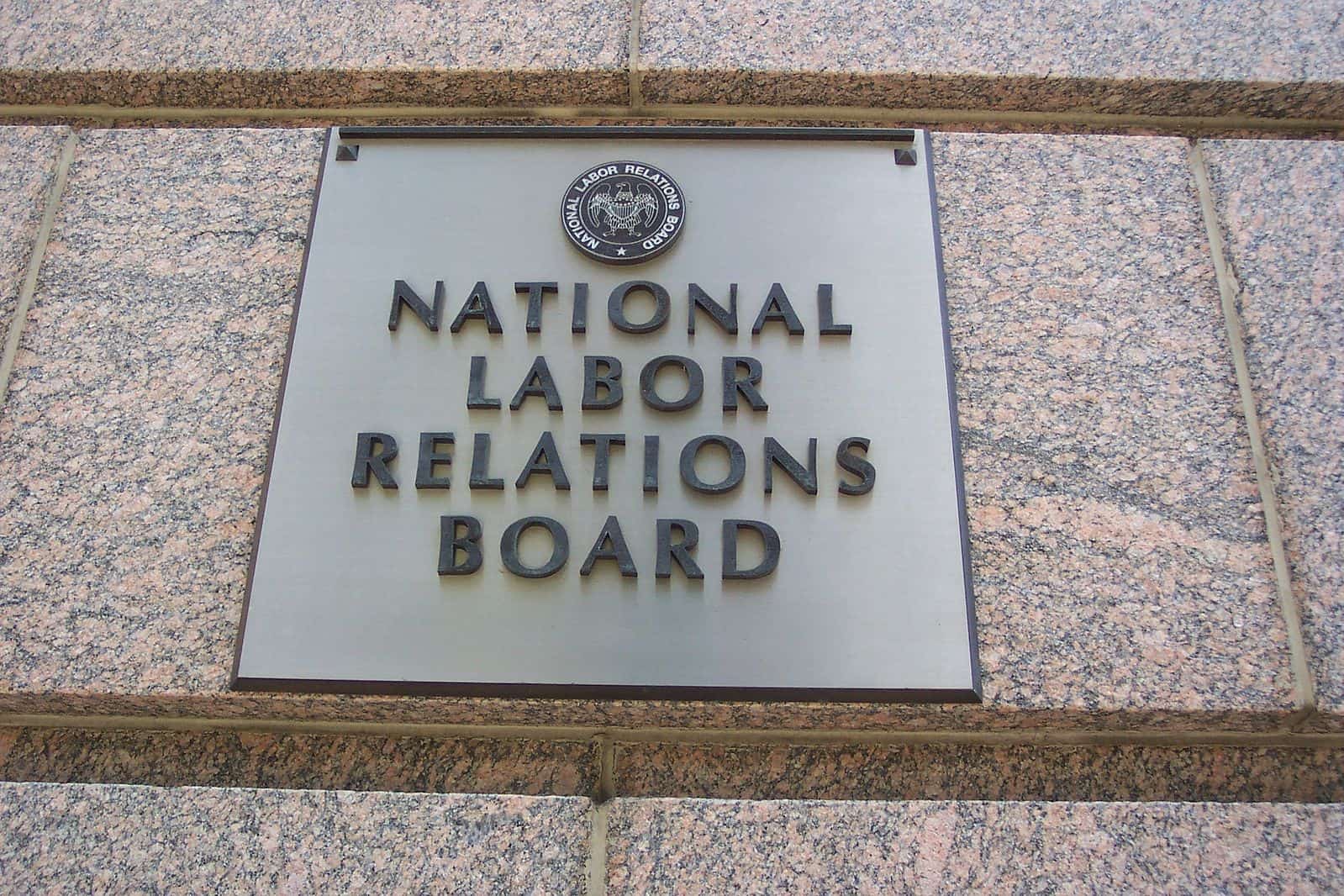Maxwell Ulin is a student at Harvard Law School.
Yesterday, National Labor Relations Board (NLRB) General Counsel Jennifer Abruzzo issued a memorandum urging agency field staff to seek a more expansive set of remedies in settlement agreements with employers. As noted in the Board’s press release, the document builds on a previous memo released last week by Abruzzo, which directed agency leaders to pursue a similarly broad array of novel remedies in litigation. In cases involving unlawful termination, Abruzzo ordered staff lawyers to seek consequential damages for unlawfully fired workers to cover the indirect financial impact of employee termination—such as compensation for medical payments, moving costs, damages to employee credit ratings, and training and other occupational licensing expenses—in addition to the more traditional compensatory relief, such as backpay and reinstatement. Where termination results in the loss of legal immigration status, the memo also urges staff to seek settlements that guarantee employer visa sponsorship. Abruzzo further advised that Board agents should no longer accept settlements in such cases that involve anything less than complete payment of all backpay and benefits owed, as well as front pay when ex-employees decline reinstatement. Staff are also directed to employ default language in all settlement agreements in order to expedite Board orders in the event of non-compliance, and to avoid incorporating non-admission clauses whenever possible.
Also on Wednesday, a split three-judge panel for the Ninth Circuit ruled that the Federal Arbitration Act (FAA) does not preempt states from creating protections for workers who refuse to consent to employment arbitration agreements, allowing much of a new California law to take effect. The law in question, Assembly Bill 51, bans employers from conditioning employment on an arbitration agreement or from retaliating against workers who refuses to consent to one. Originally, the district court halted A.B. 51’s implementation on the grounds that it violated the Supreme Court’s expansive preemption doctrine for the FAA. Writing for himself and Judge William Fletcher, Judge Carlos Lucero agreed with the lower court that the law’s civil and criminal penalties created an obstacle to the FAA and were therefore preempted but held that nothing in the FAA, which protects the terms of arbitration agreements themselves, prevents a state from passing protections to ensure that such terms are not coercively agreed to. Writing in dissent, Judge Sandra Ikuta argued that the law’s disproportionate impact on arbitration agreements compared with other employment contracts rendered it invalid under the FAA. The case, U.S. Chamber of Commerce v. Bonta, 9th Cir., No. 20-15291, may well face appeal, with business groups vowing to fight the decision.






Daily News & Commentary
Start your day with our roundup of the latest labor developments. See all
July 15
The Department of Labor announces new guidance around Occupational Safety and Health Administration penalty and debt collection procedures; a Cornell University graduate student challenges graduate student employee-status under the National Labor Relations Act; the Supreme Court clears the way for the Trump administration to move forward with a significant staff reduction at the Department of Education.
July 14
More circuits weigh in on two-step certification; Uber challengers Seattle deactivation ordinance.
July 13
APWU and USPS ratify a new contract, ICE barred from racial profiling in Los Angeles, and the fight continues over the dismantling of NIOSH
July 11
Regional director orders election without Board quorum; 9th Circuit pauses injunction on Executive Order; Driverless car legislation in Massachusetts
July 10
Wisconsin Supreme Court holds UW Health nurses are not covered by Wisconsin’s Labor Peace Act; a district judge denies the request to stay an injunction pending appeal; the NFLPA appeals an arbitration decision.
July 9
the Supreme Court allows Trump to proceed with mass firings; Secretary of Agriculture suggests Medicaid recipients replace deported migrant farmworkers; DHS ends TPS for Nicaragua and Honduras